Science Illustrated delivers natural science, break through discoveries and an understanding of the world for the entire family. Packed with stunning photography and in-depth editorial it’s a visually spectacular gateway to the world looking into the beginning of life to distant objects in the universe.
SUBSCRIBE & START SAVING NOW!
Science Illustrated
Turbulence ahead: Jupiter’s winds captured by probe
Shark killers: bycatch fishing and bottom trawling
Thousands of new species found in the Mariana Trench • We’ve known little about life in the deepest place on Earth: collecting samples isn’t easy. But over 32 dives, deep-sea scientists found more than 7500 species.
Common painkiller may slow cancer • In an experiment with mice, researchers from the UK have discovered how aspirin might counteract metastases, the spread of cancer cells in the body.
Dinosaur footprints in Banana Shire • For decades, a boulder had been sitting in a school foyer in Queensland. Researchers have discovered that it holds 200-million-year-old secrets.
Telescope finds carbon dioxide in exoplanet’s atmosphere • From its position deep in space, the James Webb Space Telescope has uncovered another cosmic first that could redefine our understanding of solar systems and planet formation.
Having children keeps you young • Researchers from the US have analysed the brains of more than 37,000 people, finding a surprising benefit for both mothers and fathers.
The narwhal’s tusk is a Swiss Army knife • Biologists behind a new study of narwhals are surprised by the variety of purposes for which the massive animal al uses its distinctive tusk.
Researchers request assistance for study of rare seahorses in Queensland • ‘Endangered’ in New South Wales, White’s Seahorses have never been studied in Queensland, so no conservation efforts there yet exist. You may be able to help.
Is the Moon older than we thought? • New research challenges assumptions that the Moon formed around 4.35 billion years ago.
Do solar farms pollute the ground beneath them? • “We are turning large areas of land into solar farms, but can chemicals escape from the solar panels to contaminate the ground beneath them?”
Does the ‘best before’ date of tinned food vary depending on what’s in it? • Yes it does. And if you were stocking a ‘Doomsday’ shelter with supplies, it would make sense to choose food that will last as long as possible.
TEST YOURSELF • Solve problems designed for different types of intelligence, and find out in which you excel!
What are microbialites?
Why can you hear a bang when a balloon bursts?
…astronauts’ blood would boil on Mars? • “I read that if astronauts did not have spacesuits on Mars, their blood would start to boil. Is this true, and why?”
How much CO2 could we save by slowing down? • Many countries are considering reducing speed limits on motorways and in urban areas. Fuel savings and reductions in CO2 emissions are just two of the reasons for doing so.
Is the sea colder in the morning?
Which planes are more environmentally-friendly? • “I would guess newer planes address emissions better than old ones – so how much can you save by flying in the right plane?”
Can pets get sick from passive smoking? • Scientists have long established that passive smoking is unhealthy for humans. So is it also harmful to our pets?
“Why does snow squeak?”
…my hair will grow back more strongly after being shaved? • “I have been told that more regular shaving can make my beard grow faster. Is this true? Why would that happen?”
Astronomers have found new favourites in the search for life: MINI MOONS • For decades, astronomers thought that Uranus’ moon Miranda was a lifeless...
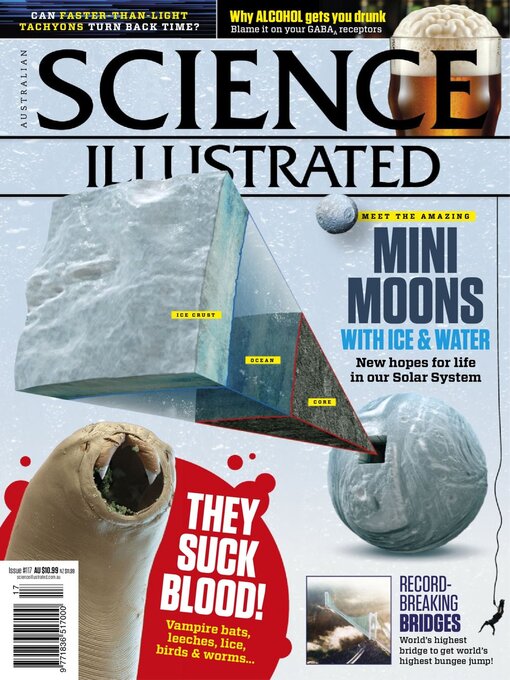
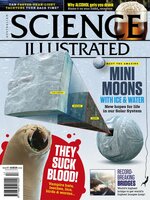 Issue 117
Issue 117
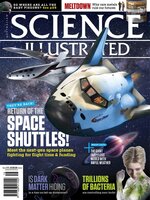 Issue 116
Issue 116
 Issue 115
Issue 115
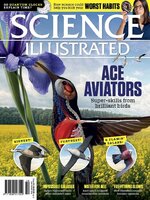 Issue 114
Issue 114
 Issue 113
Issue 113
 Issue 112
Issue 112
 Issue 111
Issue 111
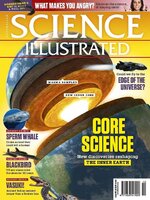 Issue 110
Issue 110
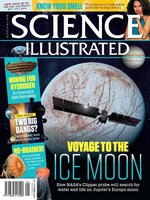 Issue 109
Issue 109
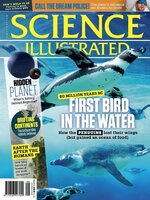 Issue 108
Issue 108
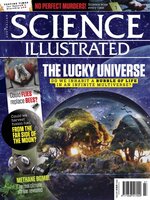 Issue 107
Issue 107
 Issue 106
Issue 106
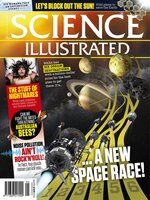 Issue 105
Issue 105
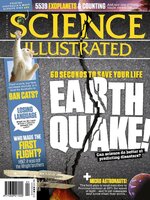 Issue 104
Issue 104
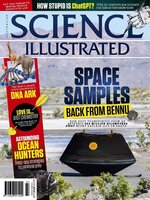 Issue 103
Issue 103
 Issue 102
Issue 102
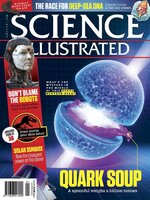 Issue 101
Issue 101
 Issue 100
Issue 100
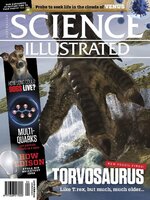 Issue 99
Issue 99
 Issue 98
Issue 98
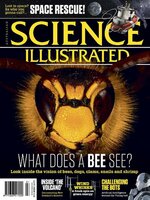 Issue 97
Issue 97
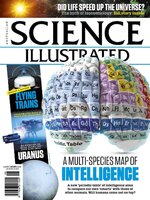 Issue 96
Issue 96
 Issue 95
Issue 95
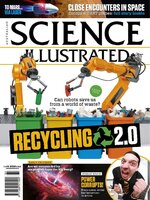 Issue 94
Issue 94